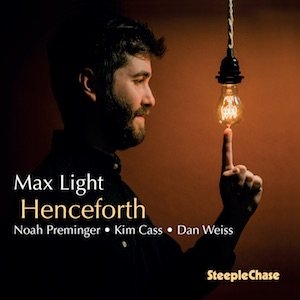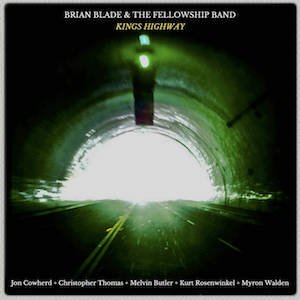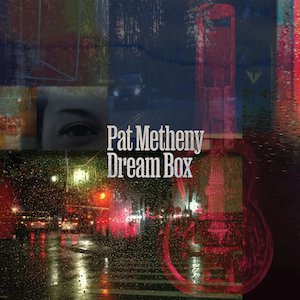Label: AMP Music & Records, 2023
Personnel - Jung-Jae Kim: saxophone; Finlay Hare: cello; Amund Nordstrøm: drums, modular synth.
This Norway-based improvisational trio called MØ:SAN trades in avant-garde jazz atmospheres and hinges on interaction to express their creativity. South Korean saxophonist Jung-Jae Kim leads the group and provides all eight compositions that compose this first album, Mr. Mountain’s Folktales. The pieces are drawn from conventional and unconventional musical aspects, including graphic scores, with Kim being joined by British cellist Finlay Hare and Norwegian drummer Amund Nordstrøm.
The ship sets sail with “Mountain Blue”, traversing waves of abstraction that are formed by deep raspy cello, contemplative saxophone chants, and considerable percussive variety. On “Reverberation” we have mantric undulations via a cello drone, mystic horn murmurs and volatile if resolved drumming.
There’s a mix of refined and unpolished expressions, fruit of the bevy of sounds with which they play. Take the example of the subtle and minimalist “Conjunction”, with its rattling percussion, poppy sax notes, and sparse cello pizzicato turned into occasional strumming to reinforce harmonic background. This piece gets closer to the soaringly prayerful “Ascension”, whose formless ambience of pacific tones enables modular synth curlicues prepared by Nordstrøm. These two pieces differ in mood and texture from “Tapestry”, a spiky-but-pretty number that develops with growling and multiphonic blows, winding cello patterns that range in pitch, and adequate drum playing.
Whereas the multiphonics-infused “Tube” starts off moody and ends up forcefully, “Irony” hits the sweet spot of chamber music with its classical intonation and scintillating melodic conduction. Cleverly, the trio adds some elements of surprise.
With unpredictable soundscapes, Mr. Mountain’s Folktales is a testament to the power of collaboration and sound arrangement as an art form. Kim tells a story about a man in the mountains and his relationship with nature in a work that is organically constructed according to the musical freedom he vouches. MØ:SAN knows where they’re stepping onto, opening up a narrative path to sound discoveries.
Favorite Tracks:
01 - Mountain Blue ► 04 - Conjunction ► 05 - Tapestry








































